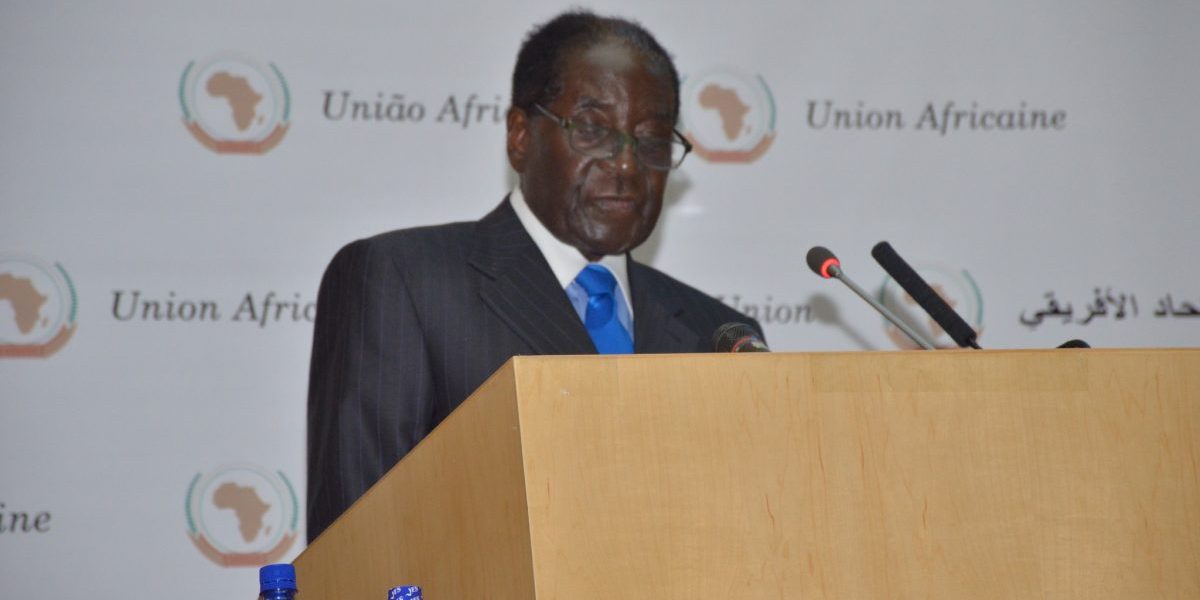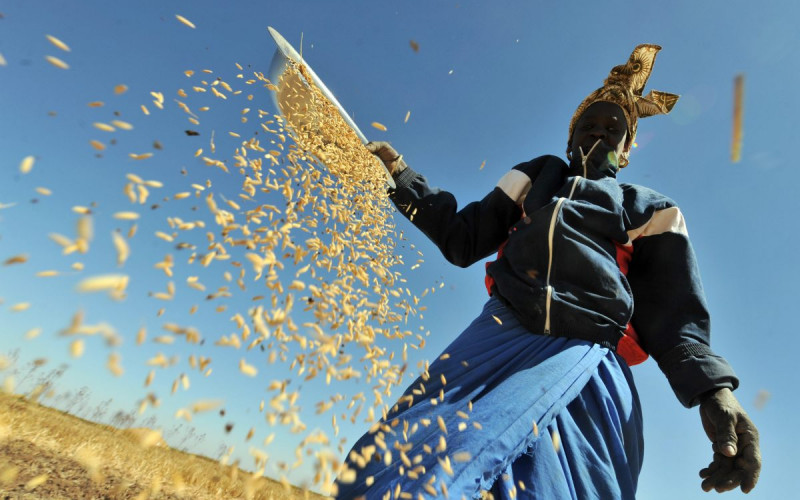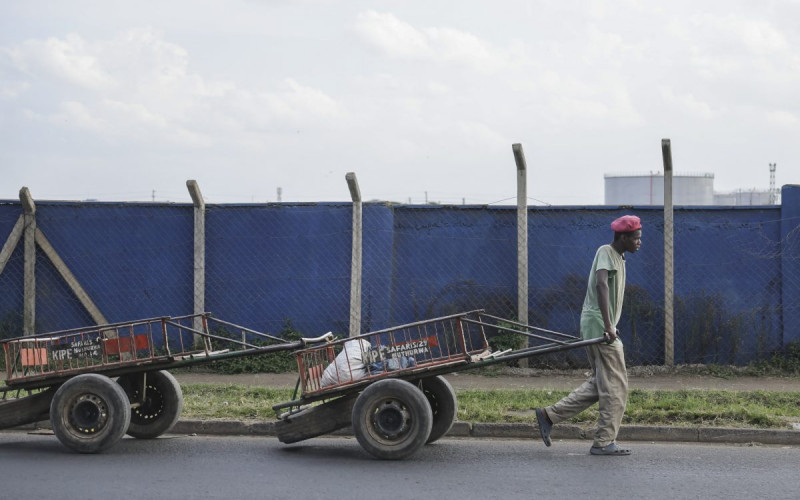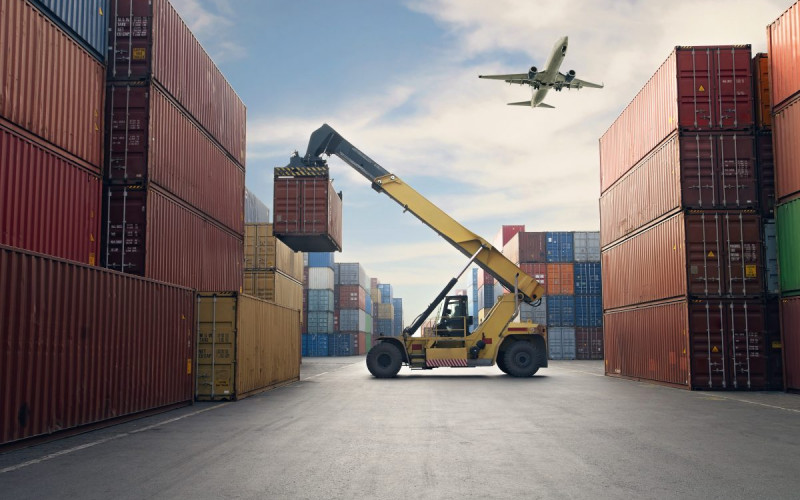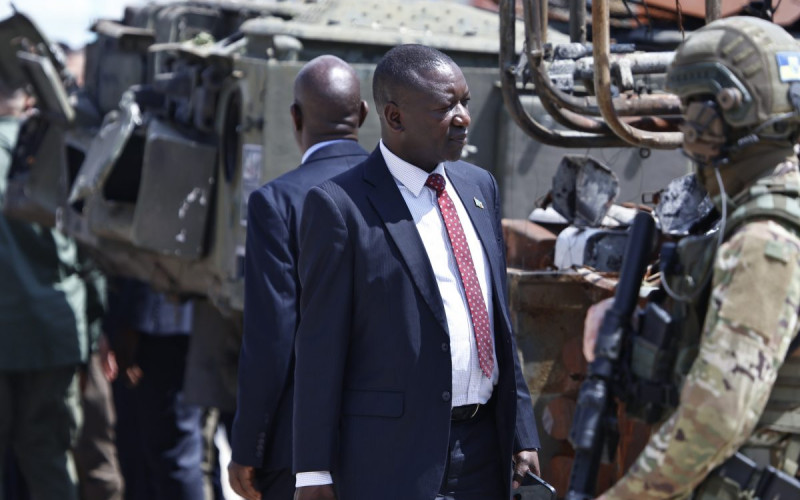Although by no means a new tool for dealing with conflicts, sanctions were increasingly refined in the 1990s to target the transgressors rather than ordinary citizens. While they are not the sole agents of change, sanctions are important instruments in the diplomatic armoury available to international actors.
This book sets out to analyse the impact of sanctions and aid conditionalities on ending conflicts and bringing about political change. In the aftermath of sanctions against Iraq and the debate over their use against Robert Mugabe in Zimbabwe, this book draws lessons from various sanctions experiences of the last 40 years, especially in Southern Africa, but also in Asia. It also examines the role that aid conditionalities can play in brining about more effective development. The book is a timely contribution to the literature at a time when Africa is starting to implement its own ‘conditionalities’ through the African Peer Review Mechanism of the New Partnership for Africa’s Development.
ISBN: 1-919969-10-1

